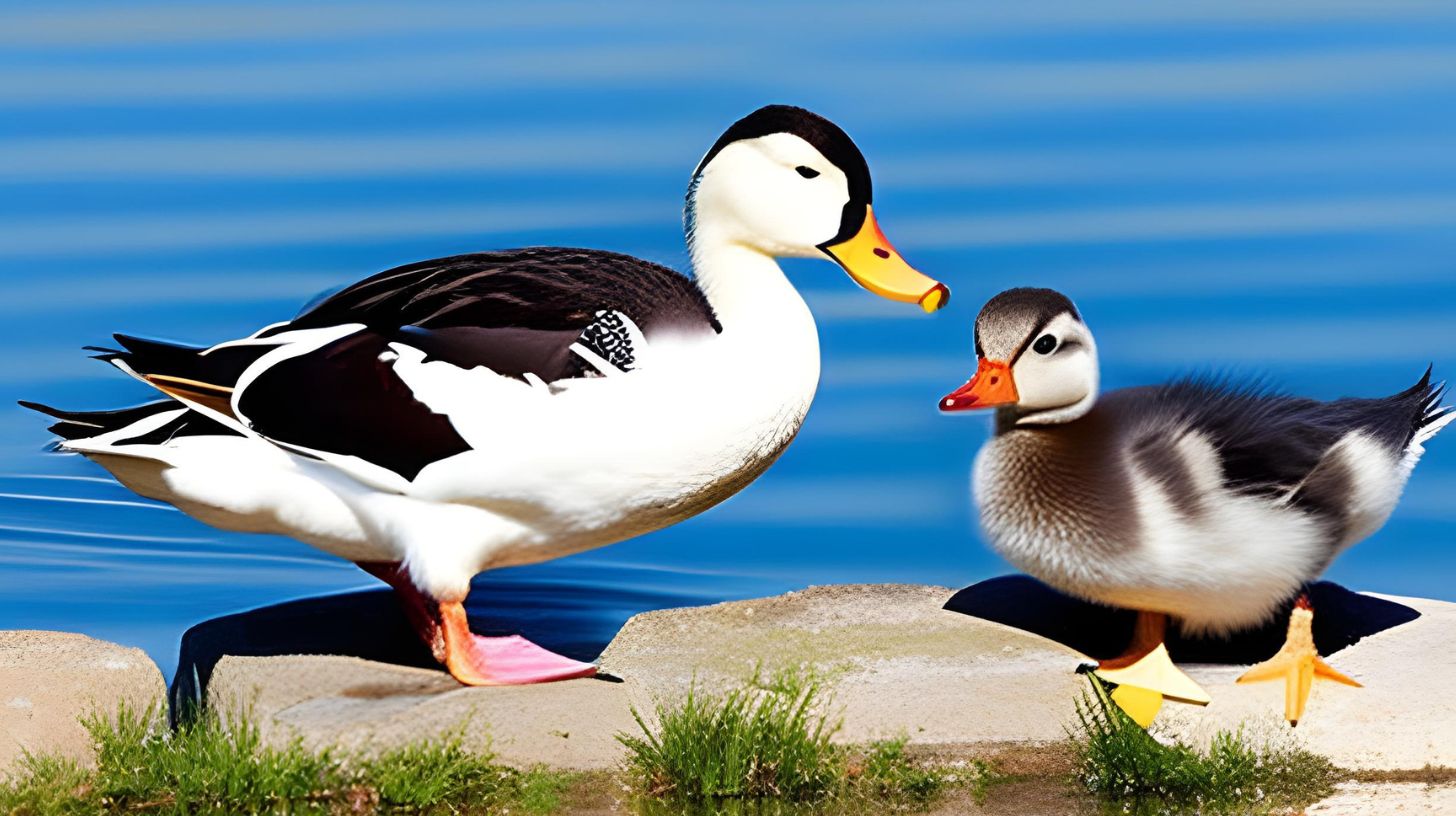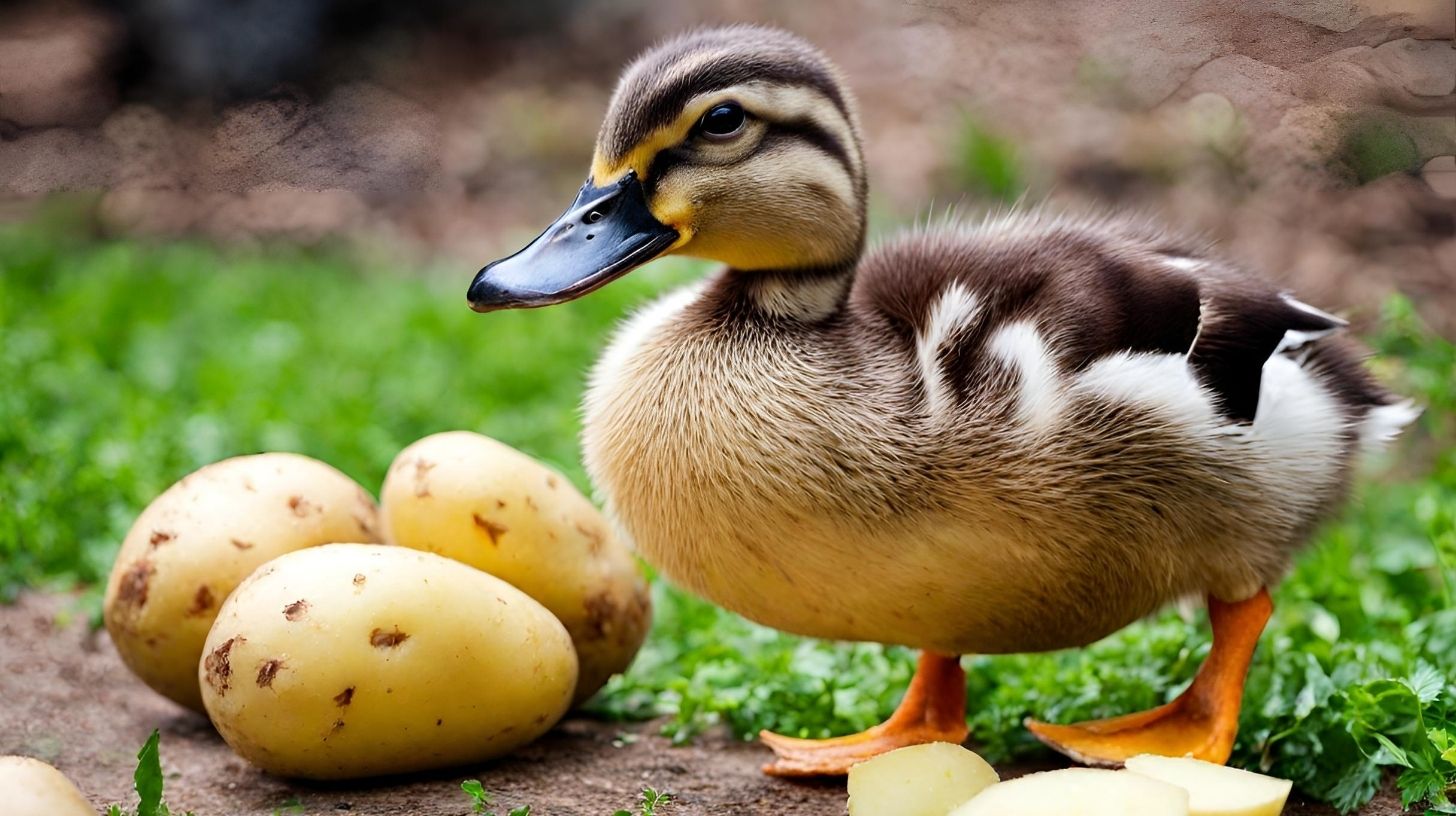Do Ducks Eat Mosquito Larvae? Ducks for Natural Mosquito Control
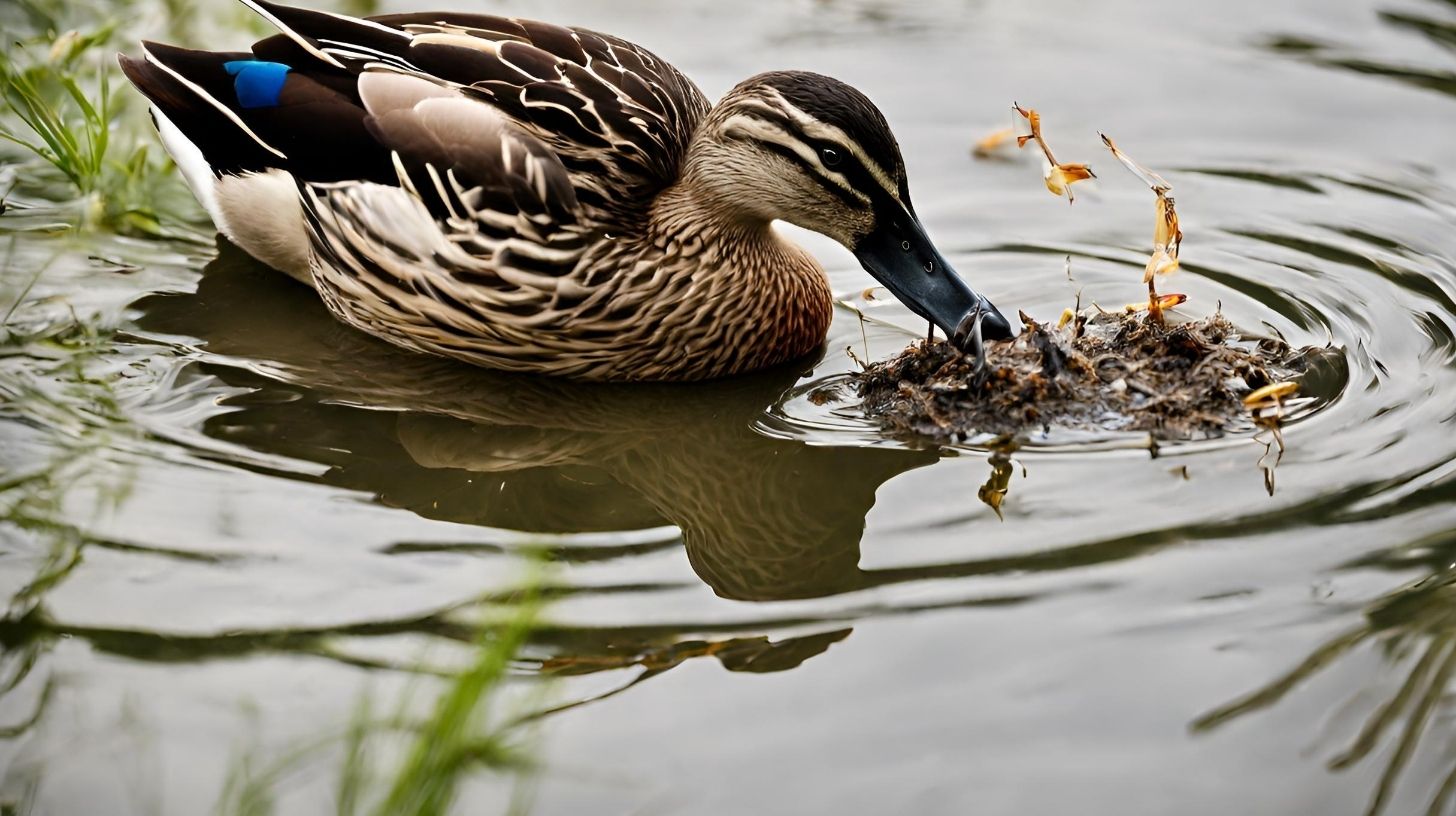
Table of content:
Ducks can be an effective natural method for controlling mosquito populations. Understanding do ducks eat mosquito larvae and integrating ducks into an integrated pest management (IPM) approach is key for long-term, sustainable mosquito control.
Key Takeaways:
- Ducks are omnivorous and will readily consume mosquito larvae and pupae as a protein source.
- Species like mallard ducks can eat hundreds of mosquito larvae per day.
- Stocking ornamental ponds with ducks can help reduce mosquito populations without the use of pesticides.
- Ducks are most effective when combined with other natural mosquito predators like fish and dragonflies.
- Proper pond maintenance like removing vegetation and water management is key for mosquito prevention.
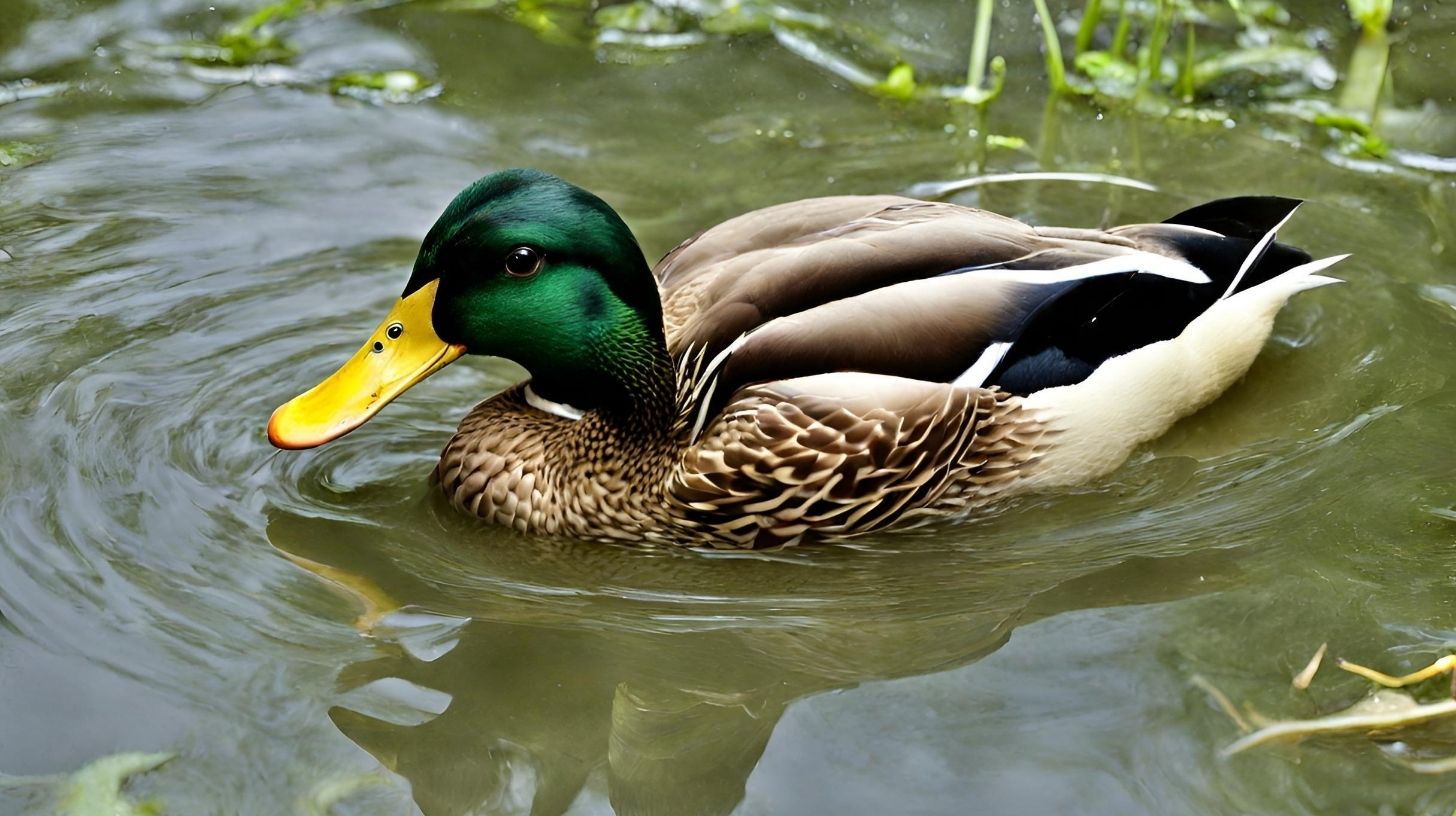 Do Ducks Actually Eat Mosquitoes?
Do Ducks Actually Eat Mosquitoes?
Ducks are omnivorous, meaning they eat both plant and animal matter. As opportunistic feeders, ducks will consume mosquito larvae and pupae encountered while foraging in the water. Mosquito larvae provide protein and nutrients for ducks.
Several duck species actively hunt mosquito larvae:
- Mallard ducks – One study showed a single mallard can consume 389 larvae per hour or 6000-7000 larvae per day.
- Wood ducks – Very effective for mosquito control. They dabble through the water eating larvae.
- Hooded mergansers – These diving ducks eat mosquito larvae underwater.
In addition to larvae, ducks will eat mosquito pupae and flying adult mosquitoes. Mosquitoes provide a high-fat food source for developing ducklings.
Are Ducks Effective for Mosquito Control?
Integrating ducks into a mosquito control program can help reduce mosquito populations without the use of pesticides:
- Ducks eat hundreds of larvae per day – A single duck can have a significant impact over an entire season.
- Reduce insecticide use – Ducks provide natural control, limiting environmental impacts.
- Long term control – Ducks will continually eat larvae all season long.
- Low maintenance – Ducks forage for food naturally without additional effort.
Mallard ducks and other surface-feeding ducks are likely the most effective for mosquito abatement around backyard ponds and water gardens.
However, ducks alone may not eliminate all mosquito larvae. Combining ducks with other predators like fish and dragonflies provides multiple lines of defense.
What Other Animals Eat Mosquito Larvae?
In addition to ducks, other natural predators will eat mosquito larvae and can augment control:
- Fish – Koi, goldfish, and gambusia (mosquitofish) feed on larvae.
- Dragonflies – Both the nymph and adult stage eat mosquitoes.
- Frogs & Toads – Will consume larvae and provide control.
- Bats – Eat adult mosquitoes as they fly around water sources.
Having a diversity of predators is an effective integrated pest management approach. Different predators feed at different depths in the water and times of day.
Relying solely on ducks may not prevent all mosquito problems. But as part of a comprehensive strategy, ducks can be a chemical-free way to reduce mosquito numbers.
Tips for Using Ducks for Mosquito Control
Follow these tips to successfully integrate ducks into your mosquito management plan:
- Get the right ducks – Focus on surface feeding ducks like mallards that actively pursue larvae. Diving ducks eat fewer larvae.
- Stock properly – Recommendations range from 2-5 ducks per quarter acre of water surface, depending on species.
- Provide habitat – Ducks need shelter and nesting areas. Leave vegetation around pond edges.
- Use with fish – Koi and goldfish will eat larvae ducks miss. Cover all areas of the pond.
- Clean pond edges – Remove vegetation and clear debris where mosquitoes breed. Discourage egg laying.
- Maintain water – Circulate and aerate water to prevent larvae from developing.
- Combine methods – Ducks, fish, dragonflies, and frequent water cleaning will provide maximum control.
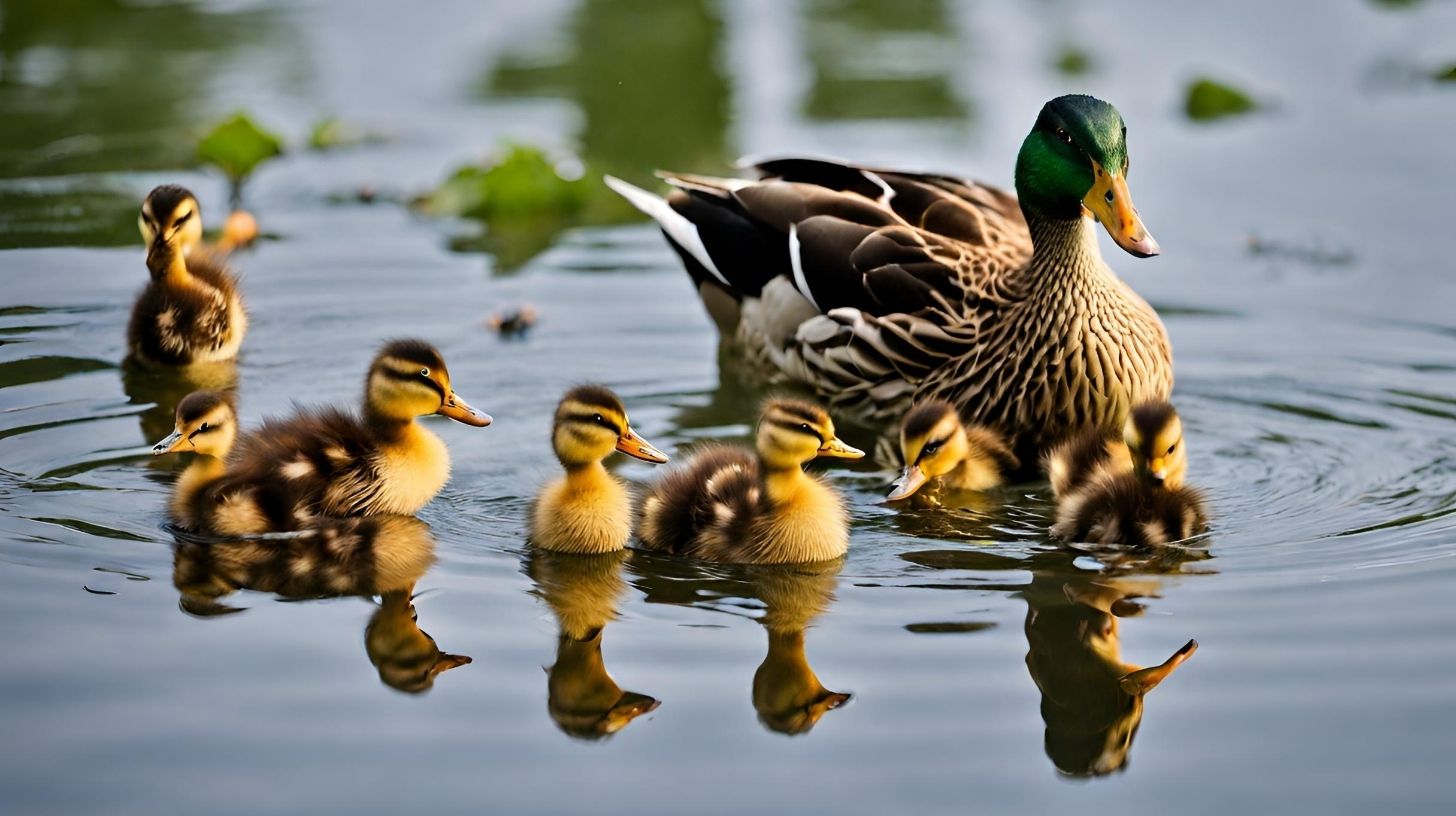 Mosquito Larvae: Habits and Life Cycle
Mosquito Larvae: Habits and Life Cycle
To use ducks effectively, it helps to understand the mosquito life cycle and larval behavior:
- Eggs – Laid by female directly on the water surface in rafts of 100-200 eggs.
- Larvae – Hatch in 1-2 days and stay near water surface. Breathe through a snorkel tube.
- Pupae – Transition stage lasts 2-3 days before emerging as adult. Pupae move frantically in water.
- Adult – Flying pest that bites and feeds on blood. Females lay eggs to restart the lifecycle.
Mosquito larvae are found at the water’s surface until they mature into pupae and adults. This makes them readily available to surface-feeding ducks.
Ducks are especially effective at targeting the early instars when larvae are small and most vulnerable. Stopping development early prevents adults from breeding.
Plants That Repel Mosquitoes Around Ponds
Some pond-safe plants naturally deter mosquitoes through odor or toxins. Planting these around ponds can provide additional mosquito relief:
- Citronella – The oil provides some repellent qualities.
- Catnip – More effective than DEET at deterring mosquitoes.
- Lavender – Smell repels mosquitoes and other insects.
- Marigolds – Chemicals in roots kill mosquito larvae.
- Garlic – Strong odor masks human scent and wards off biting.
Interplanting these along with other aquatic plants can make the area less attractive to mosquitoes looking to lay eggs. Combining these natural repellents with ducks provides a safer, more holistic approach to controlling mosquito populations in ponds.
Frequently Asked Questions
How many ducks are needed per pond?
Stocking rates range from 2-5 ducks per quarter acre of water surface. The number needed depends on the duck species, pond size, and existing mosquito populations. Start with a lower stocking density and increase as needed.
What ducks are best for mosquito control?
Surface-feeding ducks like mallards, wood ducks, and hooded mergansers that actively pursue mosquito larvae are most effective. Diving ducks are less likely to eat larvae.
Do ducklings eat mosquito larvae?
Yes, ducklings consume larvae and pupae. High in fat and protein, mosquitoes provide good nutrition for young ducks. This gives ducklings a good start while also reducing mosquito populations.
How long do ducks control mosquitoes?
Ducks will continually feed on larvae all season long. As natural predators, they provide an ongoing, sustainable method of mosquito control without relying on pesticides. Maintaining proper habitat and stocking levels is key.
Can too many ducks become a problem?
In some cases, a dense duck population could negatively impact a pond’s ecosystem through overgrazing of plants, muddying of water, and leaving droppings. Manage duck numbers to balance mosquito control with pond health.
Conclusion
Ducks can offer an effective, natural way to control mosquito larvae, especially around backyard ponds and ornamental water gardens. By consuming hundreds of larvae per day, ducks like mallards and wood ducks provide organic mosquito prevention.
For best results, integrate ducks with other control methods like stocking the pond with fish, introducing other predators such as dragonflies, cleaning vegetation from pond edges, and proper water maintenance.
Avoiding pesticide use is better for human health and the environment. With some planning, ducks can be a great addition to an integrated pest management strategy for safe, sustainable mosquito control.
Welcome. I’m Adreena Shanum, the proud owner of this website, and I am incredibly passionate about animals, especially poultry. I founded adreenapets.com as a labor of love, stemming from my desire to share my knowledge and experiences with poultry enthusiasts worldwide.


